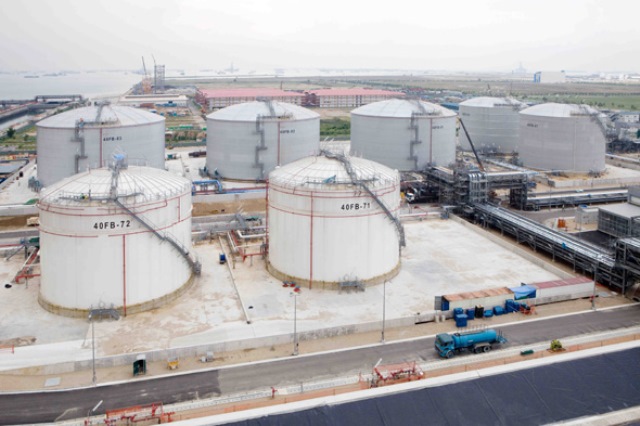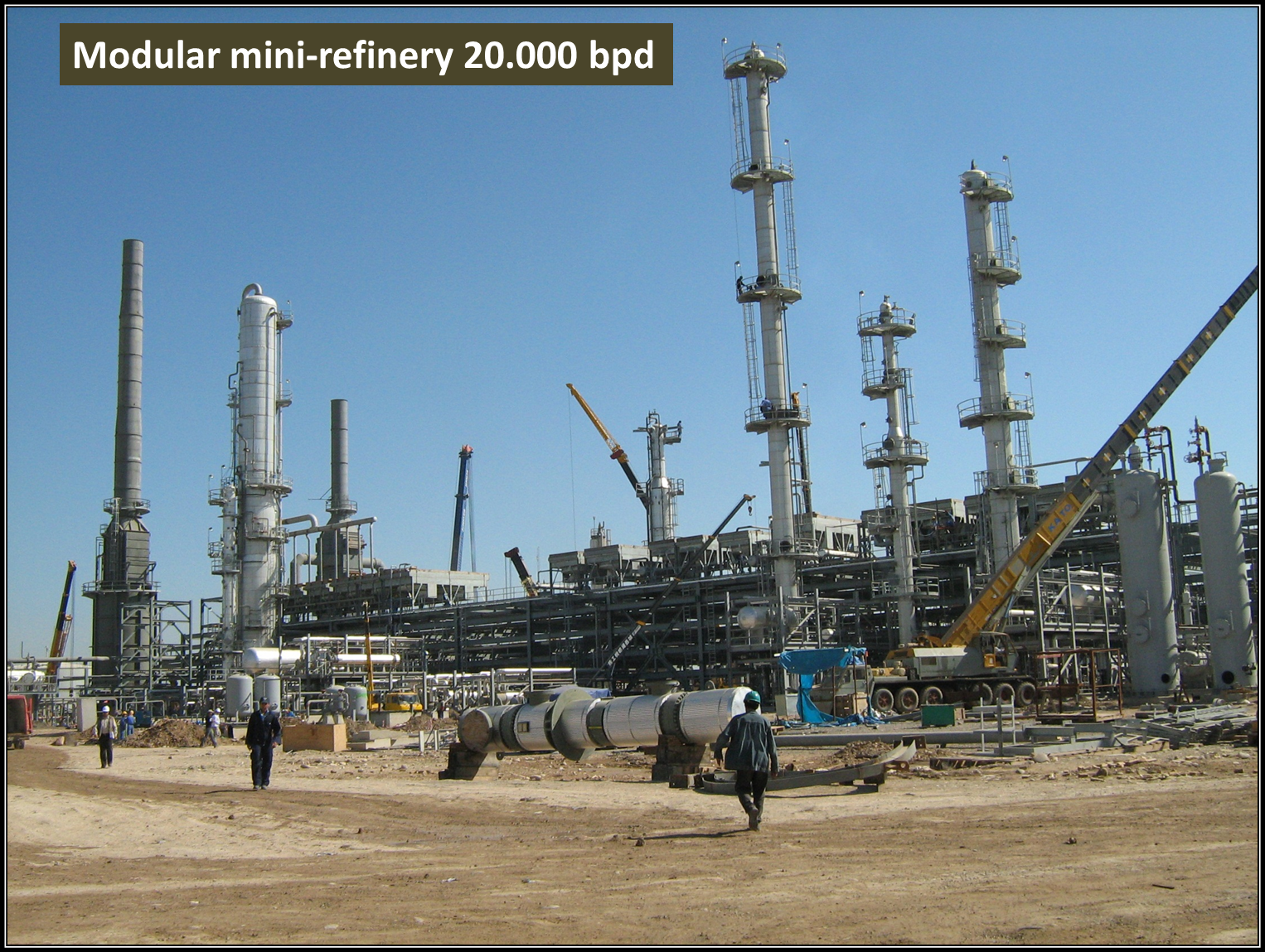Ijegun-Egba Tank Farm: FG, LASG Must Collaborate For Lasting Solution- Sanwo-Olu
Lagos State Governor, Mr. Babajide Sanwo-Olu, has explained what needs to be done in bringing a lasting solution to the lingering disagreement between owners of petroleum tank farms in Ijegun-Egba area of Amuwo Odofin and the residents of the host community.
The Governor said all the Federal Government’s regulatory agencies operating in the area must stop working at cross purposes with the State’s agencies in addressing environmental degradation in the area. He added that the tank farm owners and oil tankers’ drivers must subscribe to operational regulations that limit the loading of tankers beyond their weight capacities.
Sanwo-Olu said the agitation by members of the host community for the relocation of the tank farms may be far from being over, if stakeholders failed to come to discussion table and work collaboratively.
The Governor spoke on Thursday at the State House in Marina when he received in audience members of the House of Representatives Ad-Hoc Committee on Relocation of Tank Farms constituted by the Speaker, Rt. Hon. Femi Gbajabiamila with the mandate to investigate the matter and give recommendations.
The Ad-Hoc Committee members, who were led by the chairman, Hon. Sergius Ogun, representing Esan North-East/Esan South-East Federal Constituency of Edo State, had initially gone on a two-day inspection to Ijegun before sharing the findings with the Governor.
Sanwo-Olu said the regeneration of Ijegun-Egba was as important to the community residents as smooth transportation of petroleum products was important to the tank farms’ owners. He said the nation could not afford to allow the host community’s agitation to hinder the operations of the tank farms, which, he said, supply 45 per cent of petroleum products consumed in the country.
He said: “The Ijegun-Egba tank farms are strategic national assets created by the private sector to serve the whole country. Between 40 to 45 per cent of the entire petroleum products that go across the country pass through that corridor. Even if it is to cater for our own need, we must take care of those assets, because they are like a strategic reserve for us as a nation.
“The rudiment of the problem in the area is a logistic issue, which is to ensure the movement of oil tankers in and out of the area without affecting the wellbeing of the community members. We have had to contend with environmental issues and the extent of the bad road network on the corridor is glaring. We have seen how small-capacity tankers are carrying up to 70,000 litres of petroleum products when they should be taking only 30,000 litres. This has exerted great pressure on the roads and the officers that are supposed to monitor them look away.




